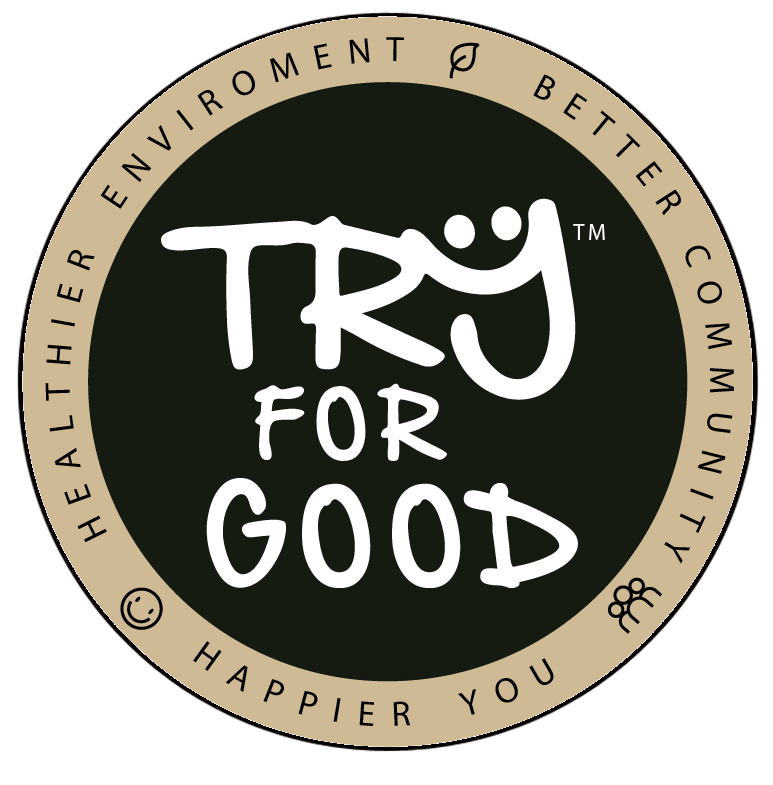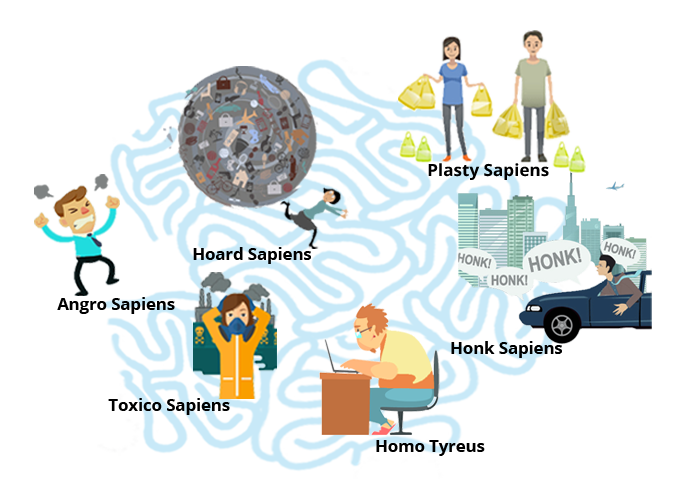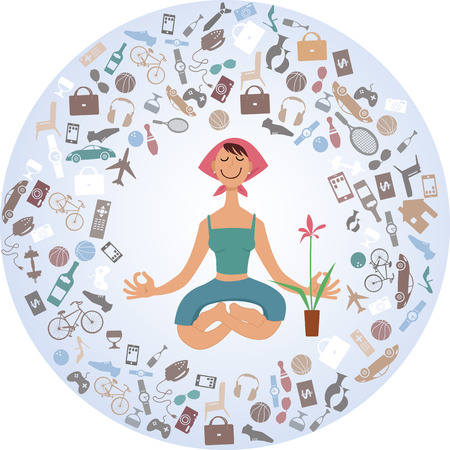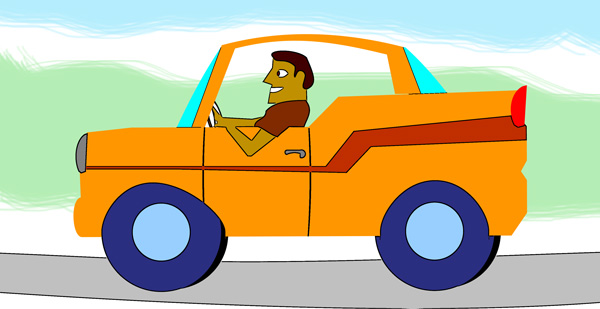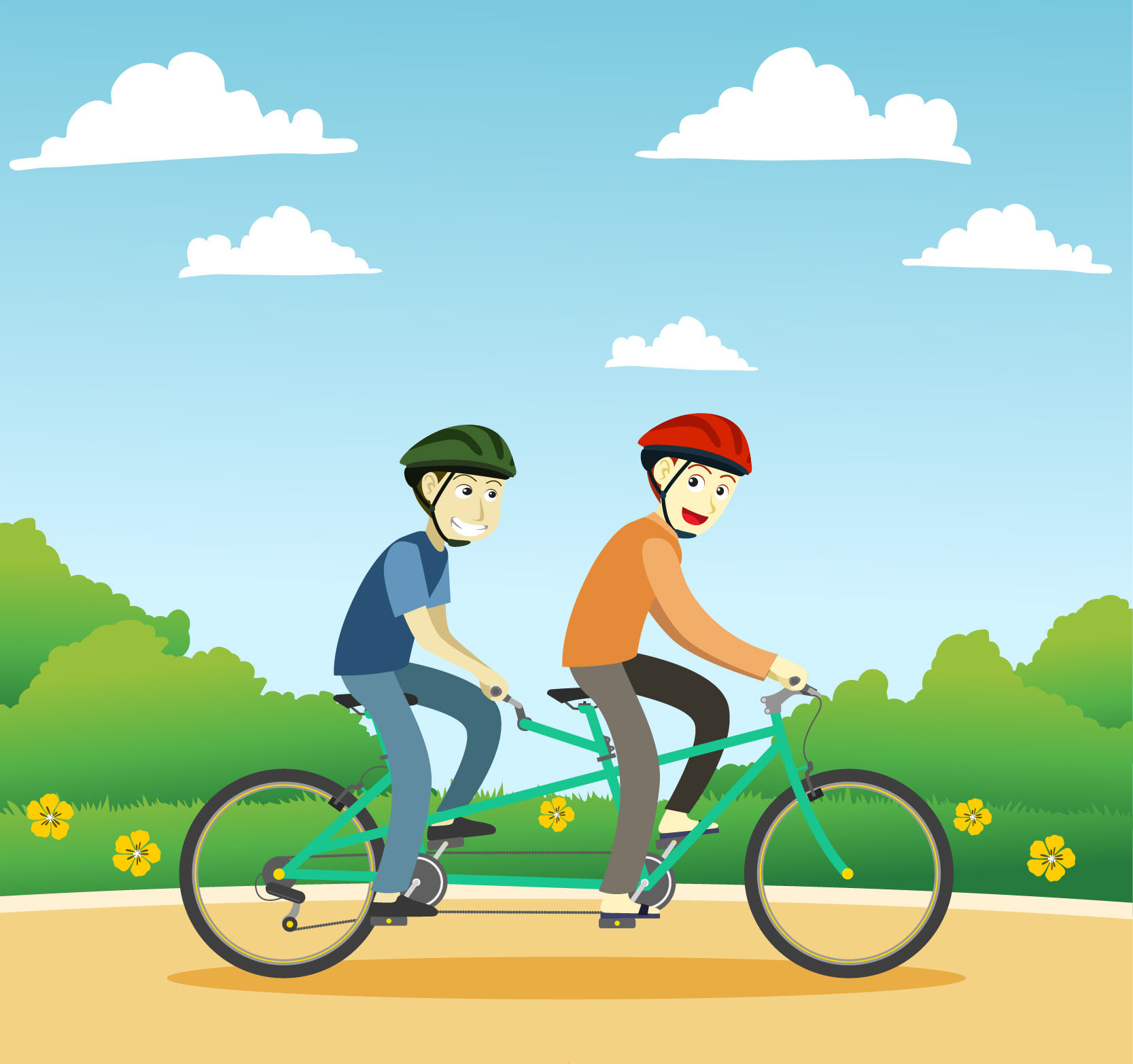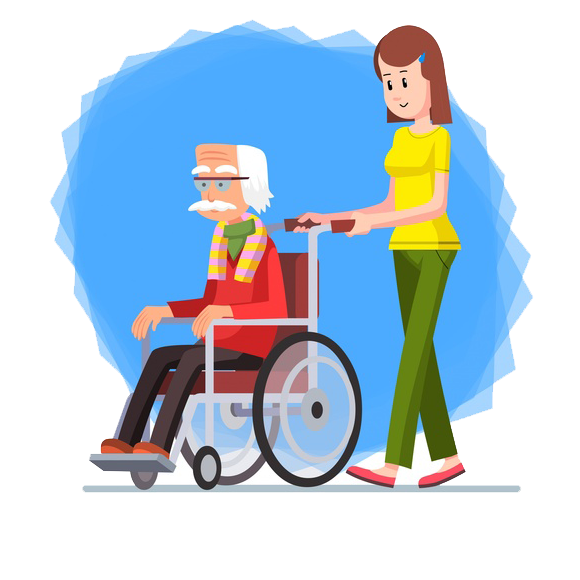Are you in the maze of commotion, pollution, chaos…
Evolving into something different from your original Homo Sapiens version!
It’s about time to evolve
into a new species altogether; called as
Hip Sapiens
To make Environment as your
Personal Clean Green Healthy space
And make your community better
Traits of the Hip Sapiens
Stays Happy
Spreads Happiness
Stays Positive, Tries to simplify life
Believes in healthy competition
Sets goals, and pats on accomplishing
Curbs internal pollution through healthy practices
Watches own behavior, speech and actions
Laughing 100 times = 15 minutes of cycling

Uses own Bag for Shopping
Refuses, Reuses, Recycles
Says a BIG NO to plastic bags
Says No to unnecessary packaging
Looks for alternatives such as Bio-plastics
Carries Cloth/ Jute bag for grocery/shopping
Stays updated of innovations
Educates and influences others through action
Is a Minimalist &
A Conscious Consumer
Consumes and disposes eco-consciously
Does not hoard unnecessary clothing, accessories, etc.
Stays uncluttered
Says no to wasteful packaging
Gifts eco-friendly
The increase in prosperity is not making humans happier or healthier.
Simplicity brings balance, freedom, and joy
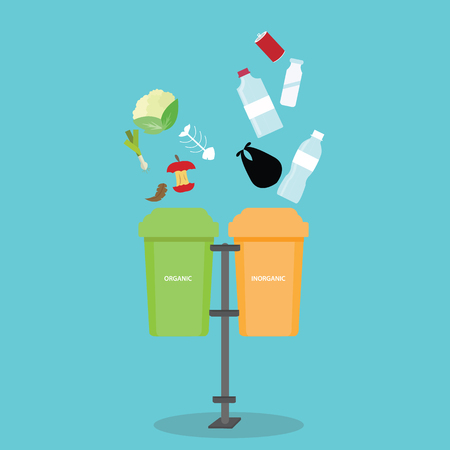
Does not litter
Segregates garbage
Segregates vegetable matter from plastic
Put the recyclables separate
Segregates e-waste
Sets an example by not littering
Educates community members
Segregation helps overcome landfill, pollution, dying animals, rag pickers, choking drains & much more
Does not HONK, Speed
Never Drinks & Drive
Never over speeds
Does not use mobile while driving
Wears safety gears- Helmets, seat belts
Gives way to Kids, Seniors, Disabled
Share rides, Parks sensibly
Follows driving instructions, creates the road experience as one would want for self
Stays close to Nature
Stays Fit, Walks or Bicycles
Enjoys outdoors
Rides Bicycle, takes pride in it
Saves fuel, Saves environment
Stays Healthy
Builds positive influence
People away from nature have weaker immune systems
Enjoys wholesome meal
But does not waste food
Makes informed decisions about food choices
Is Health conscious
Is Compassionate for animals*
Love farms and kitchen gardens
Minimizes food wastage in social events, weddings
Gets the leftovers packed. Prefers eating at the restaurants which better channelizes left over food
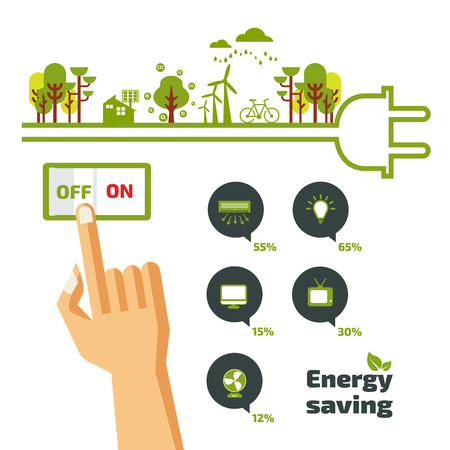
Does Digital Fasting
Puts household appliances off
Just unplugs
Puts digital devices off
Walks in the park
Enjoys meals with family & friends
Has a physical hobby- sports, cooking, art, craft, writing…
Takes a 20:20:20 Break from digital screen… Every 20 minutes, take a 20-second break and focus on something 20 feet away
Is Compassionate, Concerned
And a great Companion
Empathizes with the old, ill, disabled & lonely
Takes out time to be with them
Listens to them
Take them outdoors, plays games, plays music
Be more around on festivals and occasions
Engages with the sick, disabled or elderly. Contributes in the best possible way for their betterment
Travels eco-friendly
Harmonizes with nature and wildlife
Does not litter
Conserve the nature, flora, fauna, resources
Wears eco-friendly colors
Prefers to carry own Bottle
Helps grow the local economy, Sustains culture
Travel is on the rise as a recreation. So must be the Responsible Tourism
Celebrates all occasions
Cares for People and Planet
Uses eco-wares for food distribution
Does not encourage loudspeakers, firecrackers
Light diyas on Diwali, Plays holi with flowers
Does not do road jam for celebrations
Does not litter
Celebration should not be a frustration for someone else
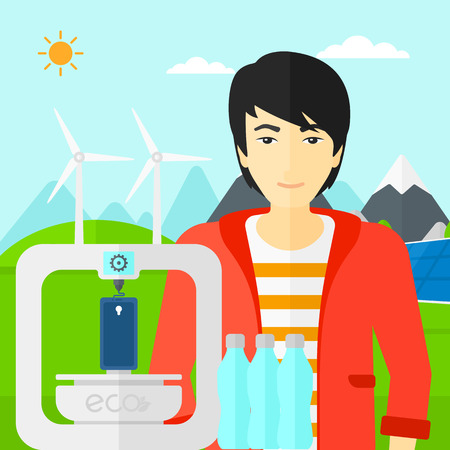
Continues to EVOLVE for better!
Innovates Sustainable Solutions
Understands social responsibility
Thinks, contributes for the reforms
Saves environment and resources
Is enterprising and influential
Has leadership to be the change
Thinks alternatives to conserve environment, better community and spreads happiness
The Evolutionary Theory by #ADVTryForGood
